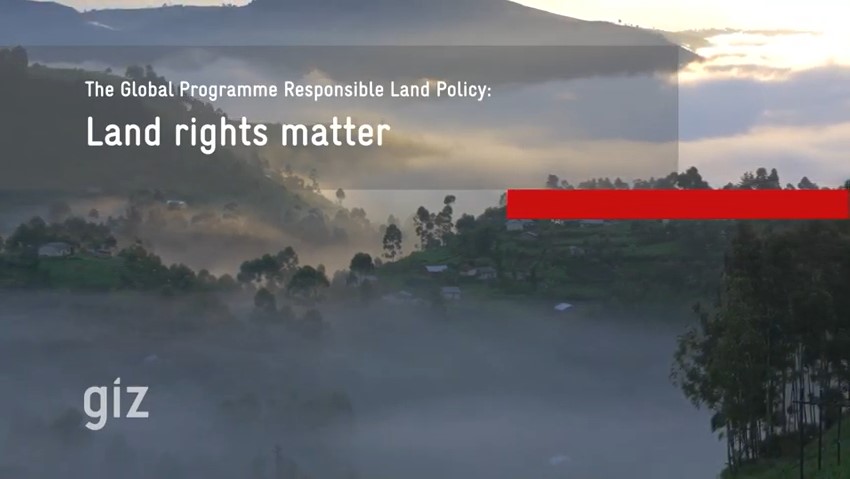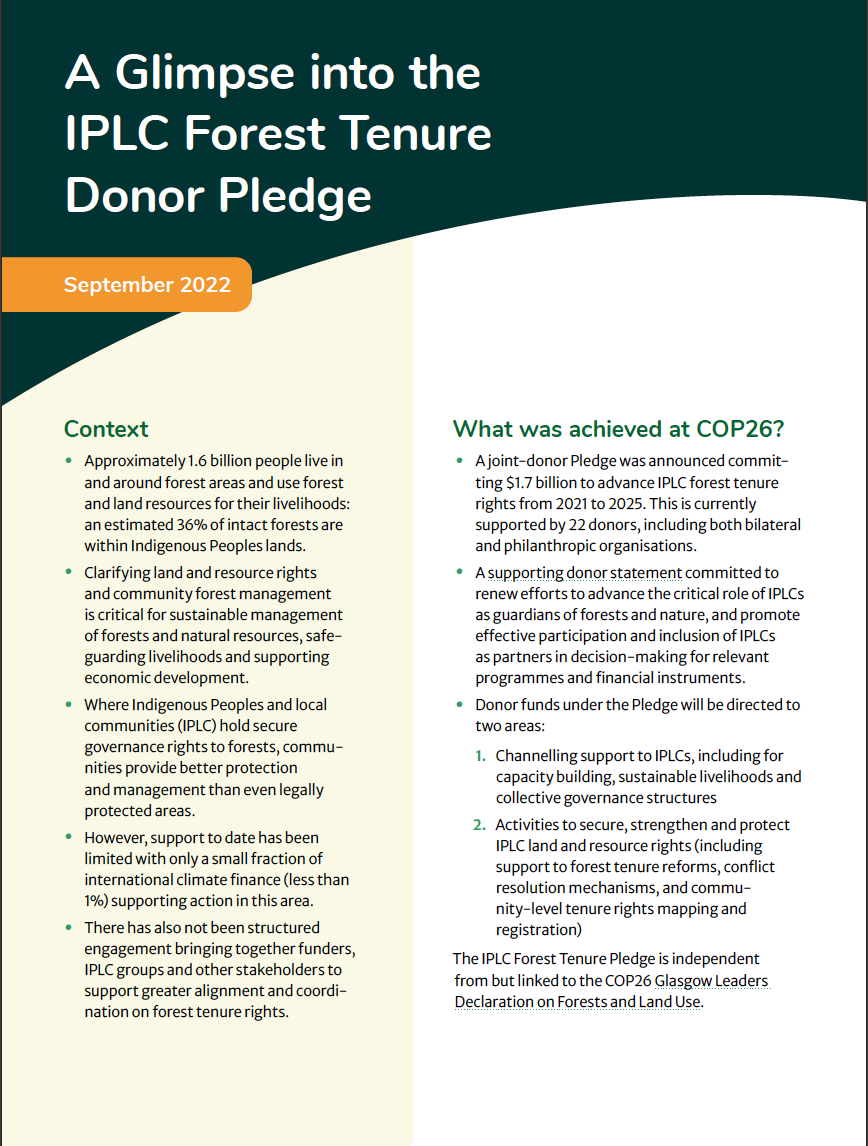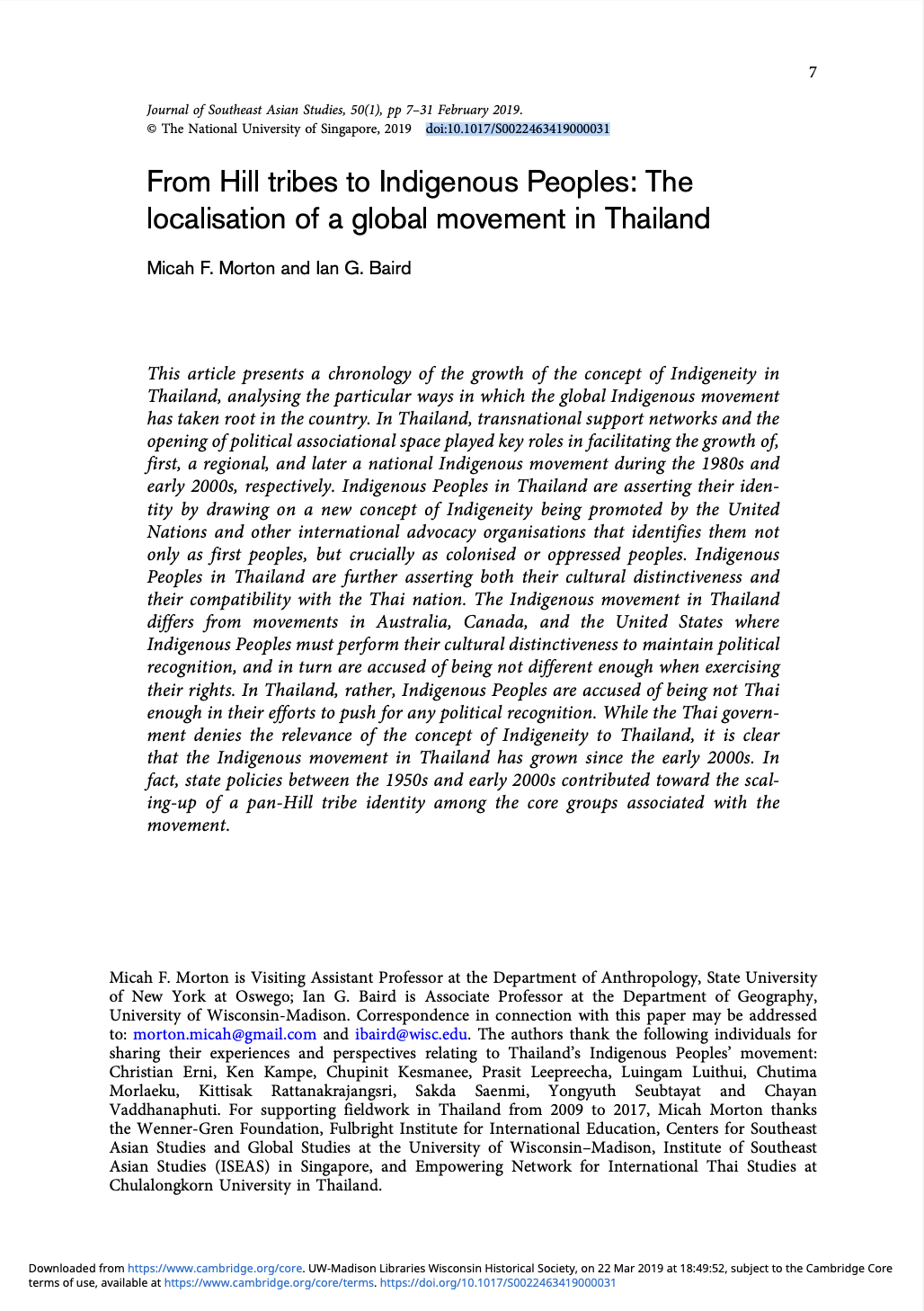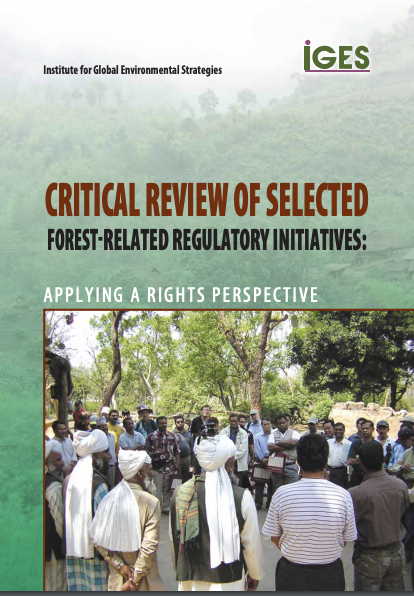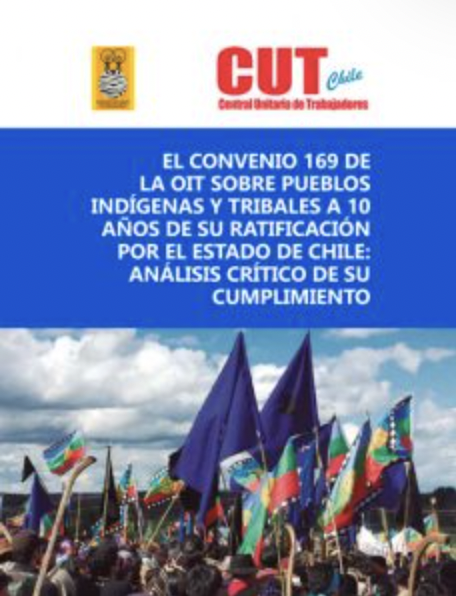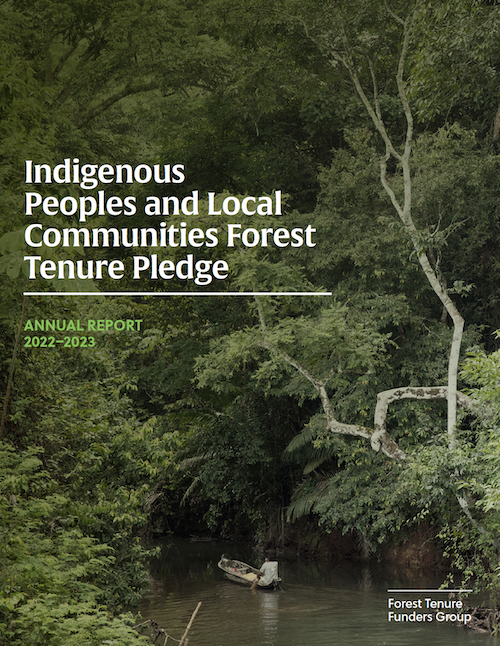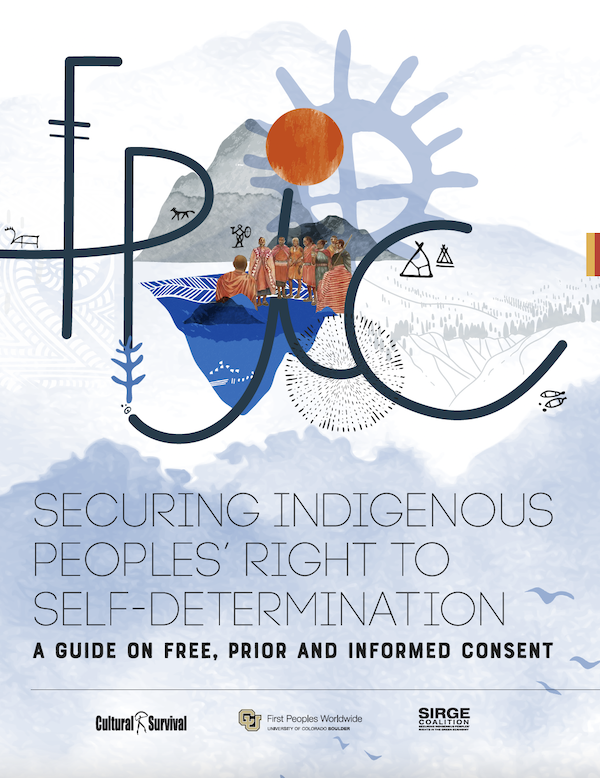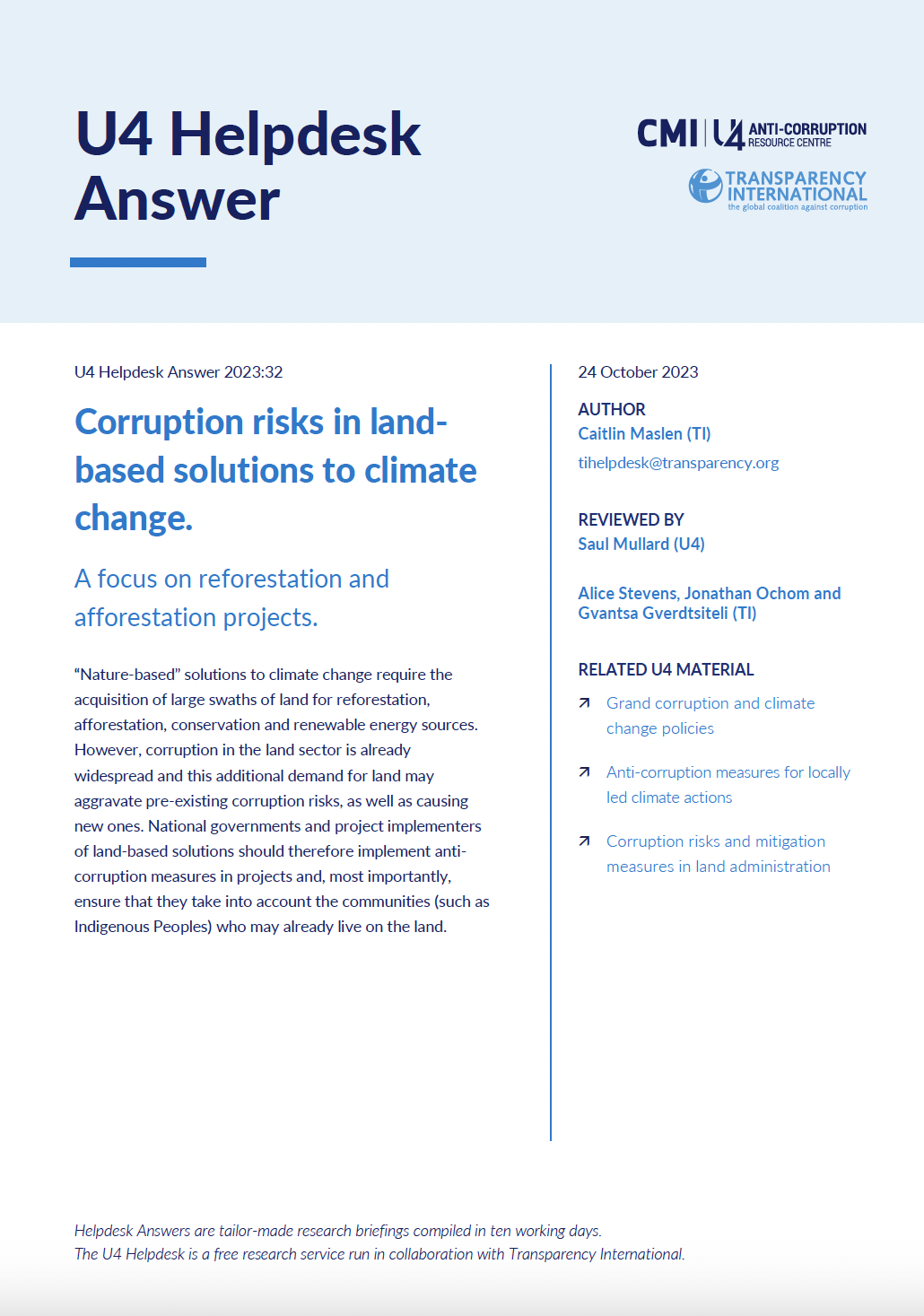The Nairobi Declaration, presented by the Africa Indigenous Peoples and Local Communities to the Africa Protected Areas Congress (APAC) 2022
Land Rights Matter – Global Programme Responsible Land Policy
In this introductory video to the Global Programme Responsible Land Policy answers are given to what it wants to achieve, how it works and why land rights are so important. The Global Programme is commissioned by the German Federal Ministry for Economic Cooperation and Development (BMZ), co-funded by the European Union and works in Benin, Burkina Faso, Côte d’Ivoire, Ethiopia, Laos, Madagascar, Peru (completed in 2021), Uganda and Paraguay (completed in 2018).
A Glimpse into the IPLC Forest Tenure Donor Pledge
Approximately 1.6 billion people live in and around forest areas and use forest and land resources for their livelihoods: an estimated 36% of intact forests are within Indigenous Peoples lands. Clarifying land and resource rights and community forest management is critical for sustainable management of forests and natural resources, safeguarding livelihoods and supporting economic development. At COP26, a joint-donor Pledge was announced committing $1.7 billion to advance IPLC forest tenure rights from 2021 to 2025.
From Hill tribes to Indigenous Peoples: The localisation of a global movement in Thailand
This article presents a chronology of the growth of the concept of Indigeneity in Thailand, analysing the particular ways in which the global Indigenous movement has taken root in the country. In Thailand, transnational support networks and the opening of political associational space played key roles in facilitating the growth of, first, a regional, and later a national Indigenous movement during the 1980s and early 2000s, respectively.
Critical Review of Selected Forest-Related Regulatory Initiatives
This report brings together four studies that evaluate regulatory initiatives with implications for forest-dependent communities from a rights-based perspective. These are: The Scheduled Tribes and Other Traditional Forest Dwellers (Recognition of Forest Rights) Act, 2006 – India; Regulatory initiatives and selected outcomes of judicial processes in Malaysia; The Community Forest Act (2007) – Thailand; and The Indigenous People’s Rights Act (1997) – Philippines. Each study covers law making, content and implementation.
El Convenio 169 de la OIT sobre Pueblos Indígenas y Tribales a 10 años de su ratificación por el Estado de Chile: Análisis crítico de su cumplimiento
Luego de permanecer durante casi dos décadas en el Congreso Nacional, el Estado de Chile ratificó el Convenio 169 de la Organización Internacional del Trabajo (OIT) sobre Pueblos Indígenas y Tribales en Países Independientes el 15 de septiembre de 2008. Conforme a su artículo 38, dicho Convenio adquirió plena vigencias el 15 de septiembre de 2009, doce meses después de su registro ante la oficina del Director General de la OIT.
EFFECTS OF JATROPHA INVESTMENTS ON LOCAL CITIZENSHIP IN GHANA
This paper aims to explore implications of large-scale land investment for local citizenship, with a particular focus on customs and mobility. The concept of local citizenship is a neglected aspect of land investment debates. We argue that the use of the concept helps us to identify how large-scale land investments work to invoke the hegemonic and customary power of indigenes and undermine local citizenship identity of migrants.
Indigenous Peoples and Local Communities Forest Tenure Pledge
This second Forest Tenure Funders Group (FTFG) annual report analyzes progress against the five-year, $1.7 billion commitment to the tenure rights and forest guardianship of Indigenous Peoples and local communities (IPs and LCs) in tropical forest countries announced at COP26.
Securing Indigenous Peoples’ Right to Self-determination:
“Free, Prior and Informed Consent (FPIC) is the first line of defense when investors and government officials seek to develop projects that may affect Indigenous communities, lands, territories, and resources. For this reason, Indigenous Peoples must be prepared to engage with FPIC from a fully informed, proactive stance. Indigenous Peoples must have their FPIC protocols ready, and be ready to lead engagement around FPIC on their terms.” –Securing Indigenous Peoples' Right to Self-Determination: A Guide on Free, Prior and Informed Consent
Corruption risks in land-based solutions to climate change
“Nature-based” solutions to climate change require the acquisition of large swaths of land for reforestation, afforestation, conservation and renewable energy sources. However, corruption in the land sector is already widespread and this additional demand for land may aggravate pre-existing corruption risks, as well as causing new ones.
Piloting the Climate Security Sensitiveness Scoring Tool (CSST). A case study assessing the climate security sensitiveness of Participatory Rangeland Management (PRM) in Baringo, Kenya
Climate adaptation interventions, such as programs promoting climate-smart agricultural innovations, are proving effective in increasing farmer resilience as well as food and nutrition security (Mizik, 2021; Thornton et al., 2022). However, there is often little understanding of the potential positive and negative externalities that these programs can have (Smith et al., 2021), particularly in terms of peace and security.


